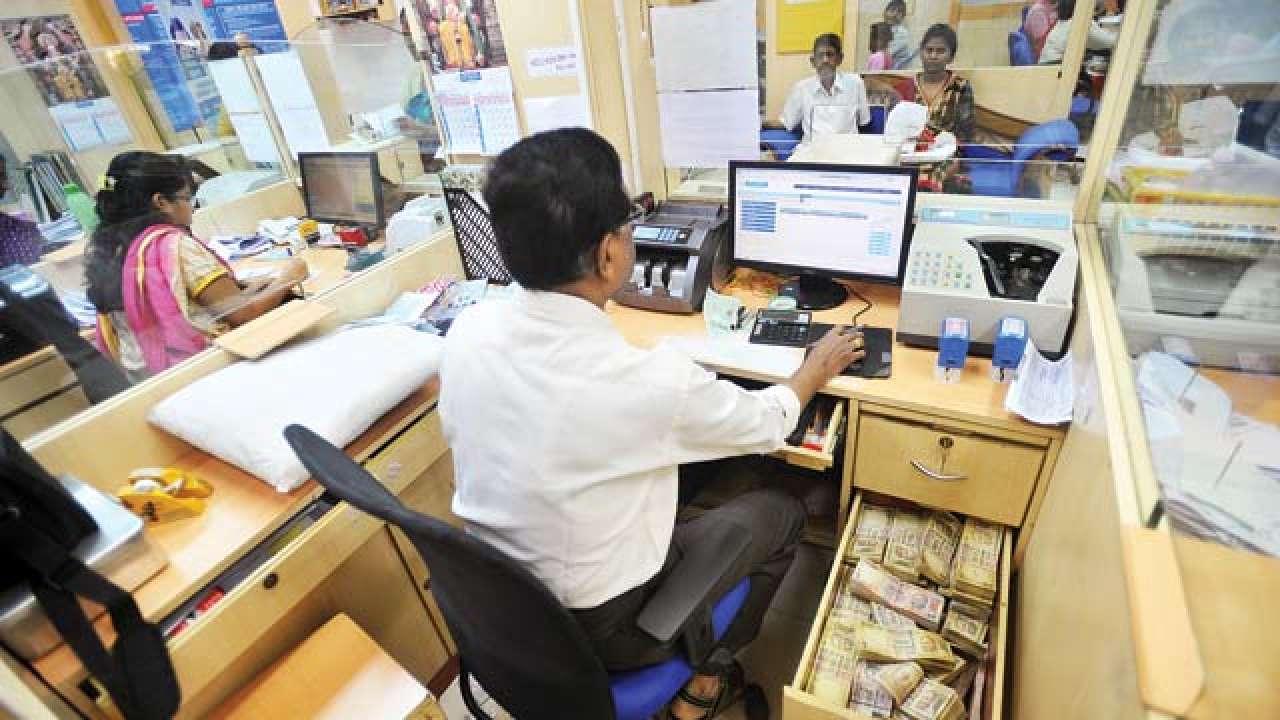
The IDBI Bank recently declared its quarterly results for the period between July to September 2017. The gross non-performing advances (GNPA) ratio or simply put, the bad loans ratio of the bank, stood at a whopping 24.98 per cent. Bad loans are essentially loans in which the repayment from a borrower has been due for 90 days or more.
In the case of IDBI Bank, what it basically means is that one rupee out of every four rupees given as a loan by the bank has been defaulted on by the borrower and is not being repaid.
Interestingly, the retail loans of the bank are not in such a bad state. The problem is with the loans that the bank has given to the industry over the years. The bad loans ratio for the retail loans of the bank as of September 30, 2017, stood at around 1.4 per cent. When it comes to loans given to the industry, the bad loans ratio stood at a whopping 38.5 per cent. Hence, nearly two out of every five rupees that the bank has lent to the industry has been defaulted on and is not being repaid.
Prima facie, loans given to the industry are by definition riskier than loans given to individuals in the retail sector. Retail loans are small in size. If an individual defaults, it does not make a huge difference to the overall scenario.
The same is not true when a corporate defaults. Also, it is easier to recover defaulted loans from the retail sector than it is from the industry. But even after taking these factors into account, the difference between the bad loans ratio of the retail sector and that of lending to the industry, in the case of IDBI Bank, is huge. What explains this difference?
Further, it needs to be specified here that this is something not simply limited to the IDBI Bank. It is more or less true for the other public sector banks as well. Take a look at the accompanying table, which depicts the bad loans ratio of lending to retail and industry of different public sector banks.
First and foremost, the data in the table is valid as of June 30, 2017. The results for the period between July to September 2017 for all banks haven’t been published. Hence, the data as of June 30, 2017 has been used. Given this, the bad loans ratios for IDBI Bank mentioned in the text and the bad loans ratio mentioned in the table, are slightly different.
What the table tells us very clearly is that what is true for IDBI Bank is also true for other public sector banks. The question is why?
The answer lies in what economists refer to as the ‘principal-agent problem’. This essentially refers to the problem of motivating the agent to act on behalf of the principal. Problems arise when the agent wants to act in his own interests rather than the interests of the principal.
How does this apply in this context of public sector banks? As Vijay Joshi writes in India’s Long Road: “The government also suffers from a ‘principal-agent’ problem. Its functionaries (legislators, bureaucrats) may pursue their own agendas rather than act in public interest. They may shirk their duties or feather their own nests. They may make deals that benefit special-interest groups at the expense of the general good.”
The government and the managers working for the public sector banks are essentially the agents in this case. The owners of public sector banks — the taxpayers of India — make for the principal.
Let’s look at retail lending first. In this case, the agents — the managers commissioning the loan — do the adequate due diligence and then decide whether to commission a loan or not. This explains why the bad loans ratio in case of retail lending is so low. Only those who have the capacity to repay, actually get the loan.
There is next to no interference from the other agents — the politicians. Hence, the agent who has adequate knowledge to make a decision also has the power to do so.
The same isn’t true for lending to industry. Here there was interference at the political and the bureaucratic level. Hence, adequate due diligence wasn’t really the norm always. Due to political pressure, managers ended up giving loans to many crony capitalists, who siphoned off a part of these loans and later defaulted. And ultimately, the taxpayers had to pick up the tab.
This principal-agent problem continues to remain at the heart of public sector banking. The recent Rs 2,11,000 crore bailout, doesn’t do anything about it.
The writer is the author of India’s Big Government — The Intrusive State and How It is Hurting Us